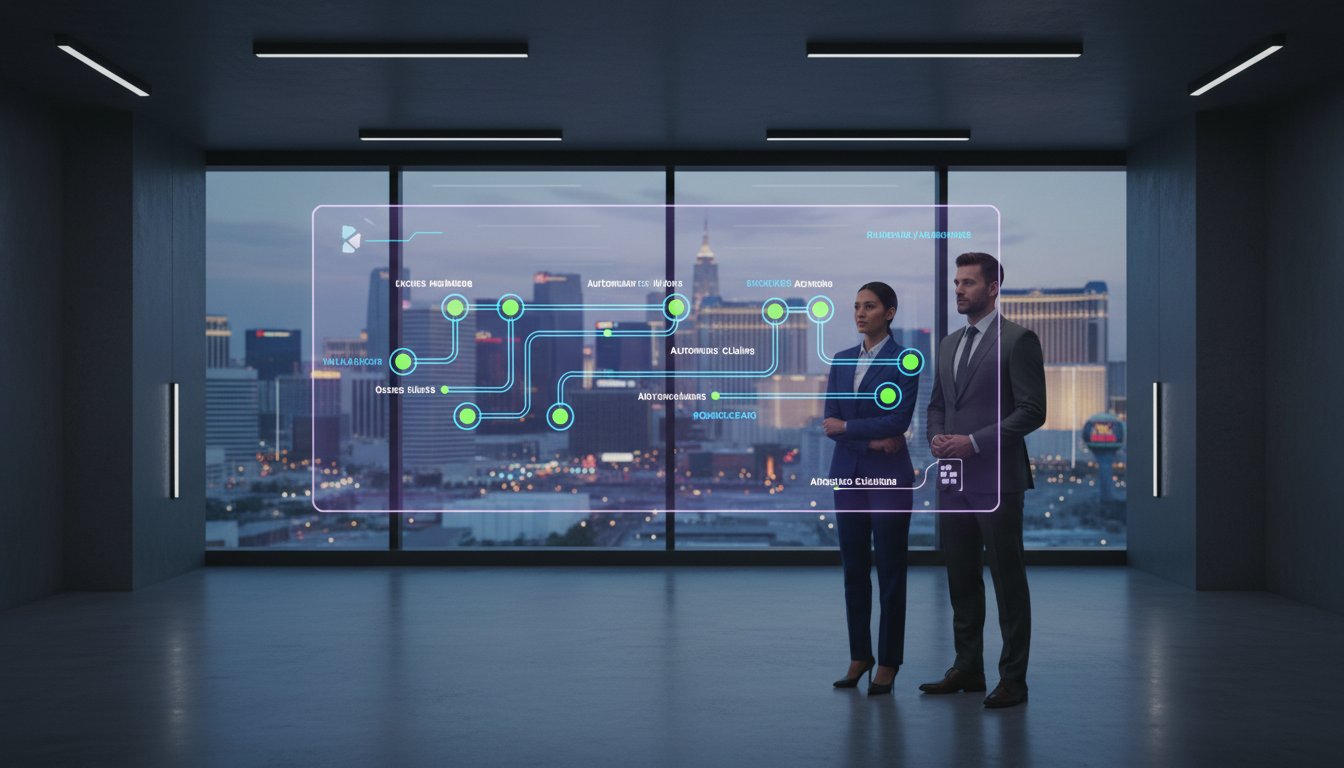Since July, I’ve attended the Hubspot Inbound, Oracle AI World, and SupportLogic’s Enterprise AI for CX conferences. I’ve also been briefed by a dozen and a half customer service solution vendors and talked to more than 50 of their customers or other service professionals. For a category where the first commercial software applications emerged as far back as the late 1980s (initially as help desk applications) and came into its own during the mid-1990s, you would expect things to be settled and for the status quo to reign. Instead, I am finding:
AI is poised to impact customer service delivery permanently and extensively. Despite a widespread lack of experience and many successful track records, using AI in customer service will alter significantly both service cost curves and customer experiences as AI agents take on more routine work and human agents focus on the more complex issues or exceptional situations. While many case studies demonstrate efficiency gains of 50% or more across different workloads, the industry has yet to see exciting new functionality emerge that alters how service and support happen forever. Personally, I’m betting video-based avatars that stand in for human agents will be one of those early innovations that cause a dramatic change.
Customer service technology continues to diversify. Cloud deployments, SaaS models, chat tools/bots, and more diverse digital channels are augmenting the core ticketing, agent/workforce management, and knowledgebase functionality rather than encouraging consolidation. The November 2023 release of OpenAI’s ChatGPT-4 turned conversational interfaces into the new norm. It also substantially decreased the amount of configuration and rule-writing required to automate service workloads. AI is ushering in more players who promise greater efficiency across different aspects of the service workflow.
Market change is accelerating rather than maturing. With every viable company needing to staff a call center or support desk with technology that has been widely available since the 1990s, you would think enterprise providers acquiring point solutions, expanding market share, and narrowing the field would create a mature market today. Not so! AI has opened the door to a throng of “AI assistant” tools – ones that run in a browser or integrate easily into common CRM platforms or customer service solutions — now joining the market or moving in from somewhere adjacent. This type of change convinced Kate Leggett and me to label this market as “Established” (versus “Mature”) in our latest landscape report (subscription required).
Vendor technology offerings and roadmaps outpace where buyers are today. The gap between what vendors claim and what customers achieve with AI seems to widen almost daily as providers announce new agents and capabilities. Today, the challenge is less with the technology but more with the pace at which service teams must update and manage it. The effort needed to manage custom LLMs is not understood well enough to fully automate the training and testing of the models. Concerns over data quality, content availability, technology risk mitigation, and change management amid concerns about job loss all slow the pace despite the potential gains to be made. Being a laggard feels like an advantage to many service teams facing decisions about how quickly to adopt AI.
B2B use cases will always require a hybrid human-AI agent approach. A broader range of service request complexity, the need to support field service motions, and paid-for service models are just a few of the key differences setting B2B customer service use cases apart from the more transactional B2C ones dominating this market. From longer average resolution times to longer-lasting relationships, the nature of B2B customer service has unique aspects that will keep the need for human involvement high. The challenges to be solved through this transition will be skill, competency, and organizational, more than technological.
As a pleasant surprise, I am finding that the link between creating a differentiated customer experience and delivering service that customers value is growing more important. This connection is what distinguishes customer-obsessed B2B firms from their peers – something Forrester knows about and has helped clients navigate for years. And I am excited to see what’s around the corner. To find out more about what Forrester foresees happening in customer service, check out our new predictions report. Or feel free to set up an inquiry with me to learn how to address these B2B-specific customer service trends in your business.


























